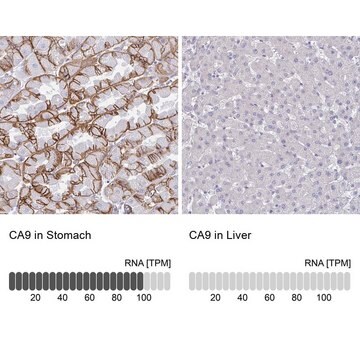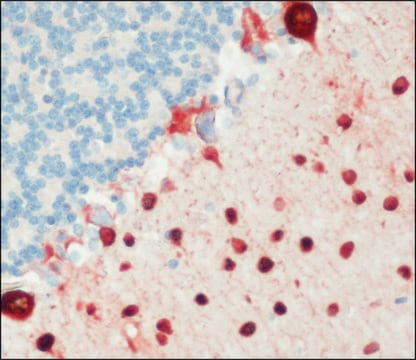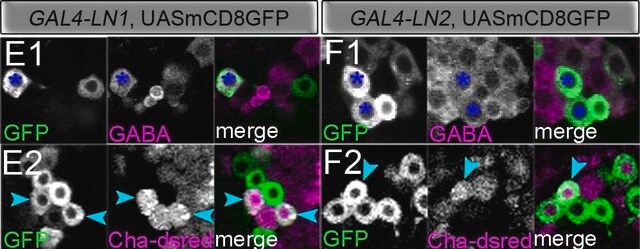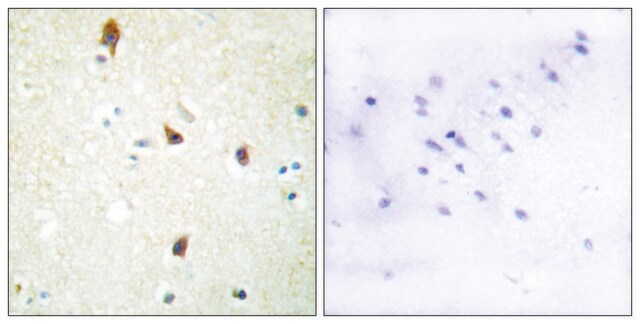SAB5300089
Monoclonal Anti-HAS1 antibody produced in mouse
clone 3E10, ascites fluid
Synonym(s):
HAS, HAS1
About This Item
Recommended Products
biological source
mouse
Quality Level
conjugate
unconjugated
antibody form
ascites fluid
antibody product type
primary antibodies
clone
3E10, monoclonal
mol wt
65 kDa
species reactivity
human
technique(s)
direct ELISA: 1:10,000
indirect immunofluorescence: 1:200-1:1,000
western blot: 1:500-1:2,000
isotype
IgG1
NCBI accession no.
UniProt accession no.
shipped in
wet ice
storage temp.
−20°C
Gene Information
human ... HAS1(3036)
Immunogen
Mouse monoclonal antibody raised against HAS1
Physical form
Disclaimer
Not finding the right product?
Try our Product Selector Tool.
Storage Class Code
10 - Combustible liquids
WGK
WGK 3
Flash Point(F)
Not applicable
Flash Point(C)
Not applicable
Choose from one of the most recent versions:
Certificates of Analysis (COA)
Don't see the Right Version?
If you require a particular version, you can look up a specific certificate by the Lot or Batch number.
Already Own This Product?
Find documentation for the products that you have recently purchased in the Document Library.
Our team of scientists has experience in all areas of research including Life Science, Material Science, Chemical Synthesis, Chromatography, Analytical and many others.
Contact Technical Service








